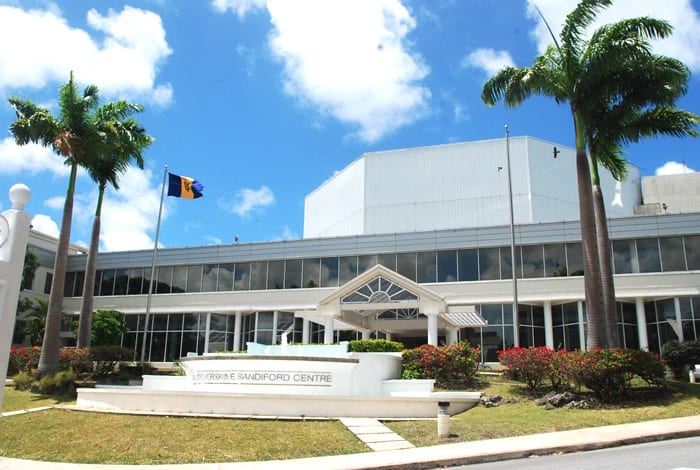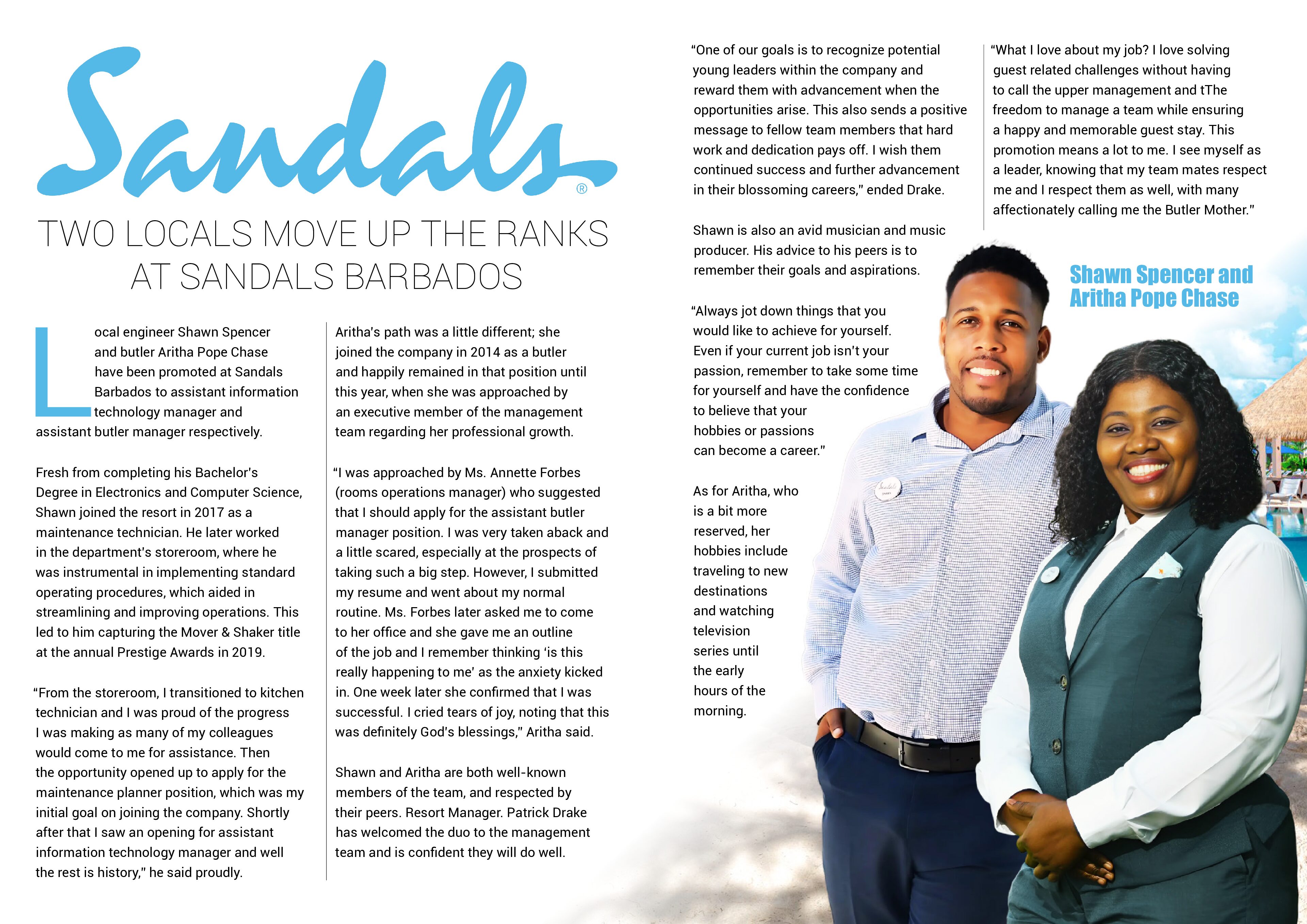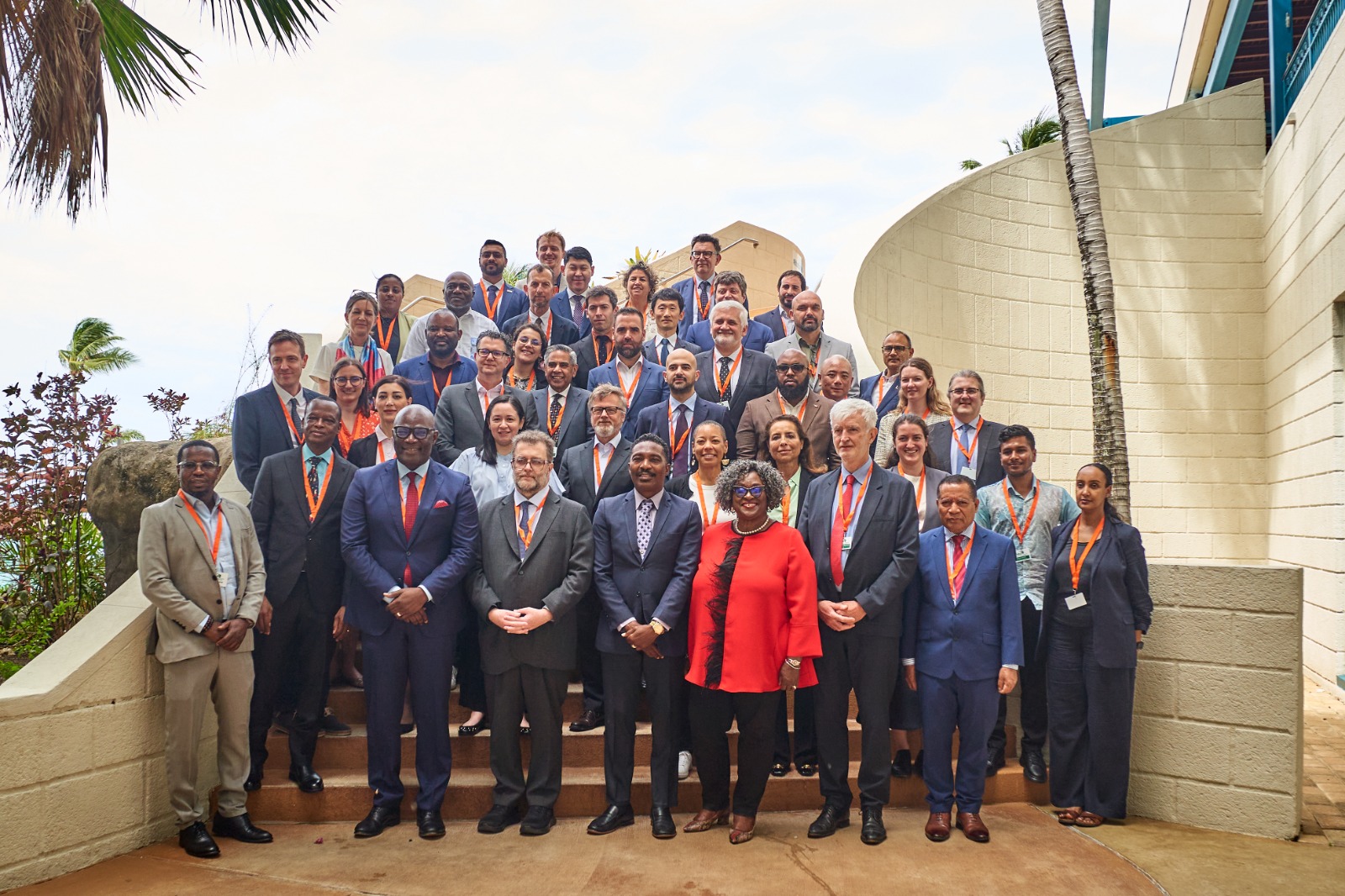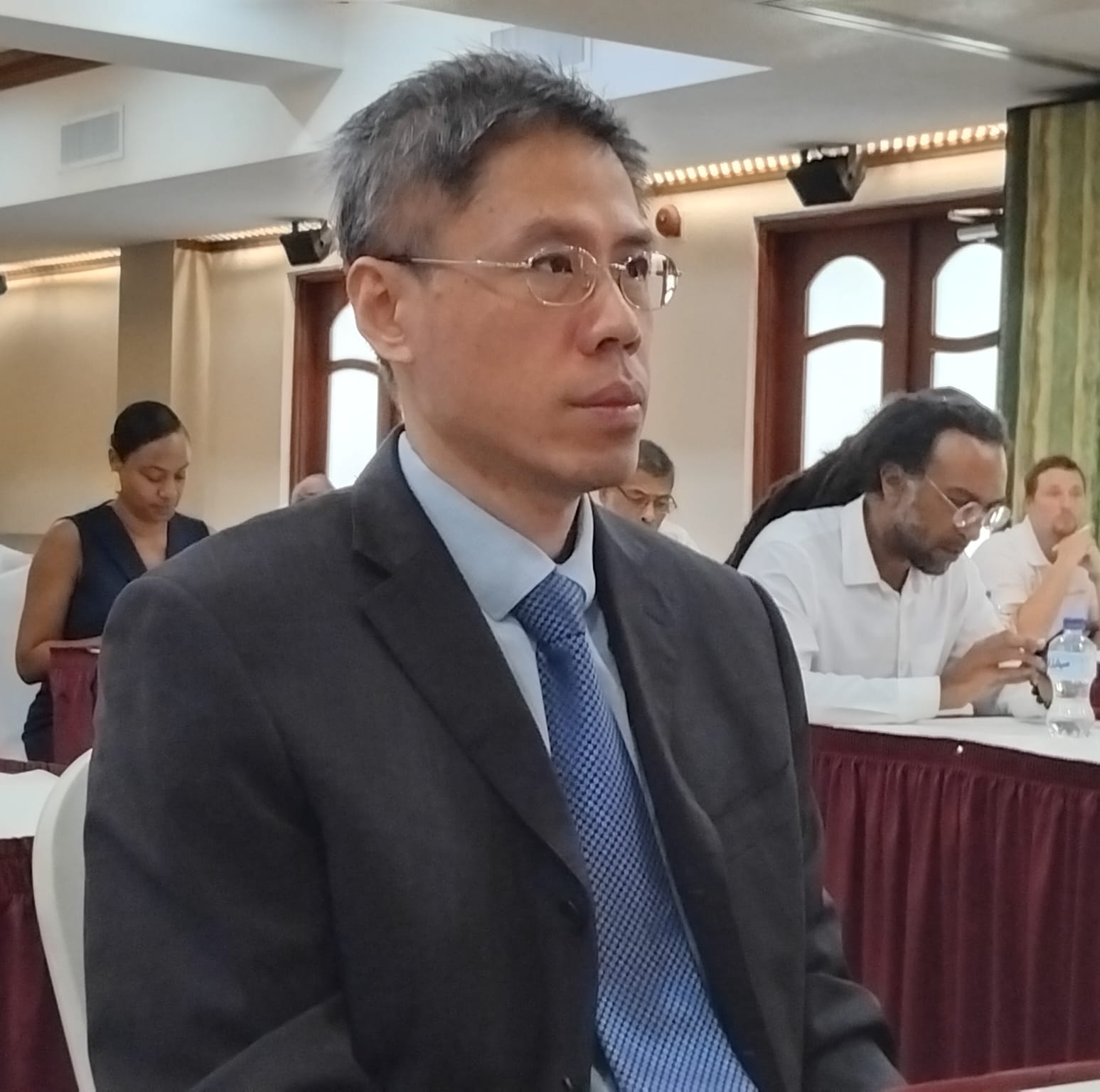Environment
Over 1,000 Delegates Coming For SEforAll Global Forum

Environment
Fund for Responding to Loss and Damage (FRLD appeal
Environment
China Champions Investments in Barbados visit
Environment
China and Barbados Unite on Climate Action
-

 Sports4 weeks ago
Sports4 weeks agoCONCACAF COACH AND INSTRUCTOR RENALDO GILKES CONCERNED ABOUT THE STATE OF FOOTBALL
-

 Business4 weeks ago
Business4 weeks agoTWO LOCALS MOVE UP THE RANKS AT SANDALS BARBADOS
-

 Sports2 weeks ago
Sports2 weeks agoPHILLIP HACKETT A DEDICATED SERVANT TO TABLE TENNIS
-

 Religion2 weeks ago
Religion2 weeks agoREQUIEM MASS FOR POPE FRANCIS
-

 Business4 weeks ago
Business4 weeks agoBarbados To Host 2025 Construction & Design Conference
-

 Business3 weeks ago
Business3 weeks agoNew Chief Executive Officer For Fair Trading Commission
-

 Business4 weeks ago
Business4 weeks agoBarbados Extends The Green Carpet To Chinese Investors
-

 Sports4 weeks ago
Sports4 weeks agoBreaking Barriers-Barbados to England and Back – By ROLAND BUTCHER



































